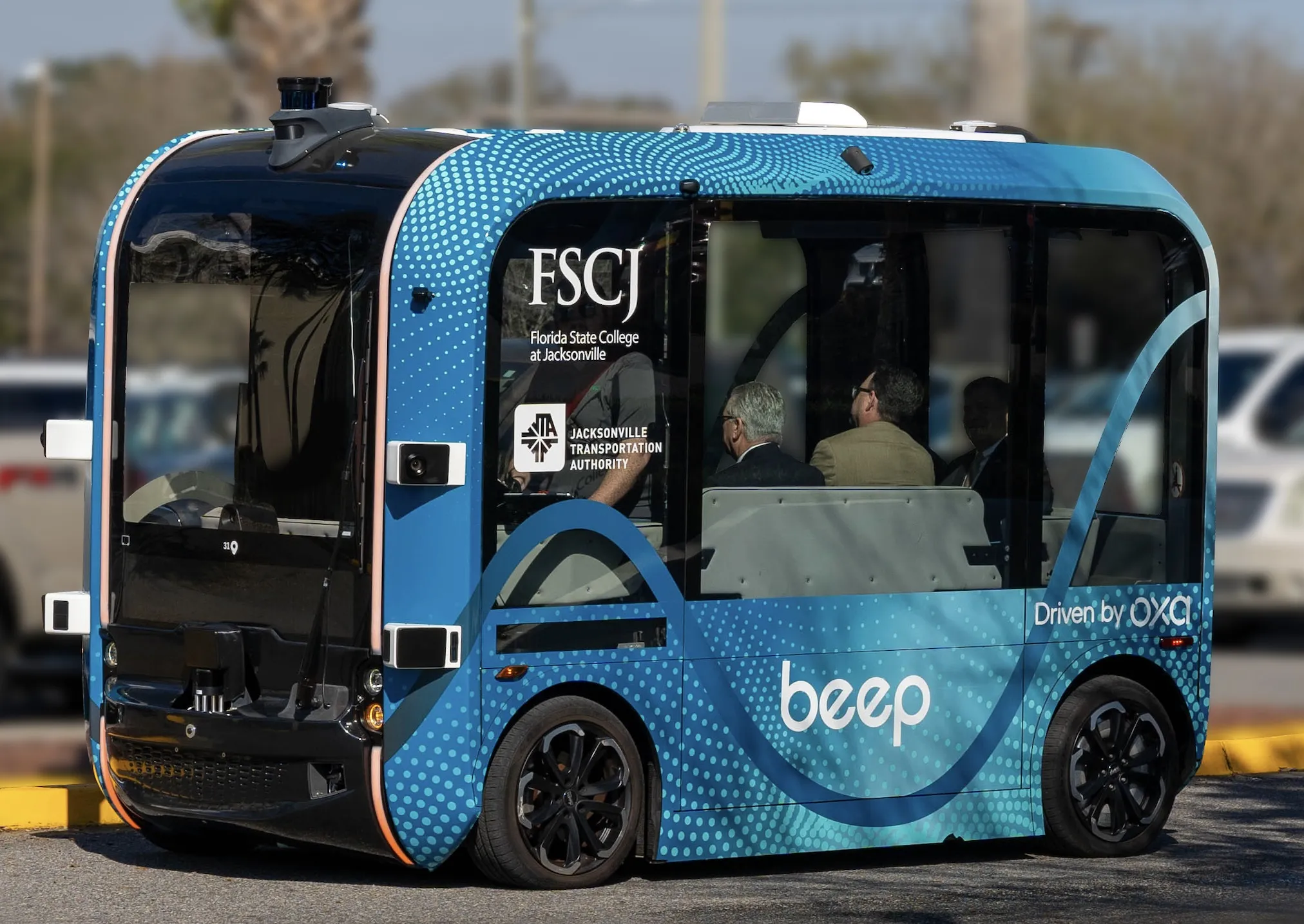The majority of insurers are completely unprepared for the arrival of driverless vehicles, according to a new study from KPMG.
Its Autonomous Vehicle Insurer report canvassed the views of senior executives from many of the UK’s largest insurers and brokers on the impact driverless vehicles will have on their business. It found that most of them believe it will take two decades for driverless vehicles to impact the automotive sector.
Despite acknowledging that driverless vehicles will touch every a
July 20, 2016
Read time: 2 mins
The majority of insurers are completely unprepared for the arrival of driverless vehicles, according to a new study from 1981 KPMG.
Its Autonomous Vehicle Insurer report canvassed the views of senior executives from many of the UK’s largest insurers and brokers on the impact driverless vehicles will have on their business. It found that most of them believe it will take two decades for driverless vehicles to impact the automotive sector.
Despite acknowledging that driverless vehicles will touch every area of their business model, only one in 10 insurers have developed strategic plans, while four out of 10 said they are not making strategic investments in their business model to prepare for the arrival of this new technology.
Insurers highlighted consumer acceptance and safety standards as issues that need to be resolved before the UK sees mass adoption of driverless vehicles.
However, once this technology becomes mainstream the majority of insurers (89 per cent) believe that claims frequency and severity will decrease as a result.
Murray Raisbeck, insurance partner at KPMG, said: “We are surprised that many insurers have been slow to react to the current technological changes taking place in the automotive sector. Driverless vehicle technology will radically change the insurance market and in our view disruption will happen faster than most insurers think.”
Raisbeck added: “Insurers need to overcome their apathy towards driverless vehicles. There are clear opportunities to develop new income streams for those firms that are prepared to step out of the pack and embrace the changes taking place in the sector.
“Firms should model a range of scenarios around the impact autonomous vehicles will have on the market and their own business. This will help them to identify the products that will resonate with their customers and to establish how and when these products can be developed."
Its Autonomous Vehicle Insurer report canvassed the views of senior executives from many of the UK’s largest insurers and brokers on the impact driverless vehicles will have on their business. It found that most of them believe it will take two decades for driverless vehicles to impact the automotive sector.
Despite acknowledging that driverless vehicles will touch every area of their business model, only one in 10 insurers have developed strategic plans, while four out of 10 said they are not making strategic investments in their business model to prepare for the arrival of this new technology.
Insurers highlighted consumer acceptance and safety standards as issues that need to be resolved before the UK sees mass adoption of driverless vehicles.
However, once this technology becomes mainstream the majority of insurers (89 per cent) believe that claims frequency and severity will decrease as a result.
Murray Raisbeck, insurance partner at KPMG, said: “We are surprised that many insurers have been slow to react to the current technological changes taking place in the automotive sector. Driverless vehicle technology will radically change the insurance market and in our view disruption will happen faster than most insurers think.”
Raisbeck added: “Insurers need to overcome their apathy towards driverless vehicles. There are clear opportunities to develop new income streams for those firms that are prepared to step out of the pack and embrace the changes taking place in the sector.
“Firms should model a range of scenarios around the impact autonomous vehicles will have on the market and their own business. This will help them to identify the products that will resonate with their customers and to establish how and when these products can be developed."









